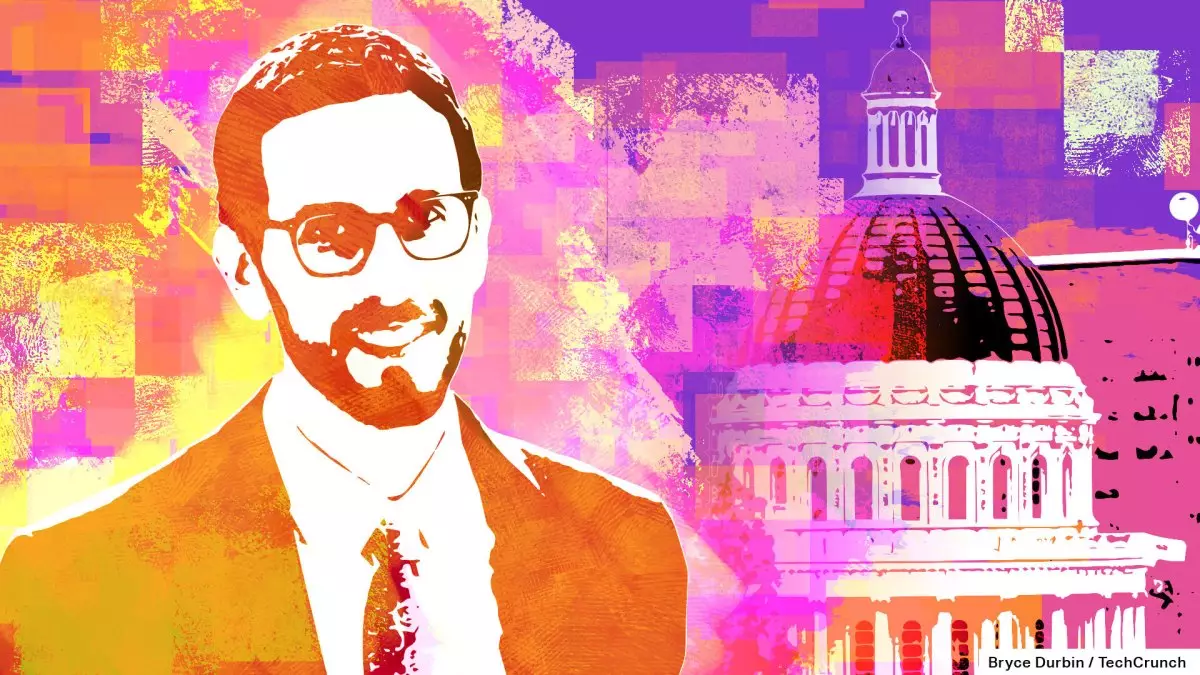OpenAI recently came out in opposition to California’s AI bill, SB 1047, in a letter addressed to state Senator Scott Wiener and Governor Gavin Newsom. The AI giant argued that the bill would hinder innovation and drive talent away from California, a stance that Senator Wiener quickly dismissed as nonsensical. OpenAI’s Chief Strategy Officer, Jason Kwon, emphasized in the letter that California’s leading position in AI is crucial for the state’s economic growth. The company’s fear is that SB 1047 would impede progress, slow down innovation, and force engineers and entrepreneurs to seek opportunities elsewhere.
OpenAI’s opposition to SB 1047 aligns with a wider resistance to the bill from various local stakeholders and industry players. Trade groups representing tech giants like Google and Meta, investment firm Andreessen Horowitz, as well as prominent AI researchers and California Representatives Nancy Pelosi and Zoe Lofgren have all voiced concerns about the potential repercussions of SB 1047. The bill has sparked discussions and debates within the tech community, highlighting the complexity of regulating AI technologies.
Senator Wiener refuted OpenAI’s claim that SB 1047 would drive AI companies out of California, pointing out that the bill is not limited to companies headquartered in the state. Rather, SB 1047 applies to all AI model developers doing business in California and meeting specific size thresholds. The bill aims to regulate the use of AI models to protect consumer data and privacy, drawing parallels to existing legislation like Illinois’ Biometric Information Privacy Act. The heated debate surrounding SB 1047 underscores the challenges of balancing innovation with regulatory oversight in the field of AI.
Reports indicate that OpenAI has paused discussions about expanding its San Francisco offices due to uncertainties regarding California’s regulatory environment. The company’s hesitation reflects broader concerns within the tech industry about the potential impact of state-level regulations on innovation and growth. OpenAI’s call for federal policies to govern AI development underscores the need for a cohesive approach to regulating emerging technologies in the United States.
While California lawmakers have amended SB 1047 to address concerns and reduce controversy, key industry players like OpenAI remain skeptical of the bill’s overall impact. The bill’s journey through California’s legislative process signals a larger debate about the role of government in overseeing AI technologies and the need for a comprehensive regulatory framework. As AI continues to transform industries and societies, the way in which it is governed will significantly shape the future of innovation and technological advancement.

